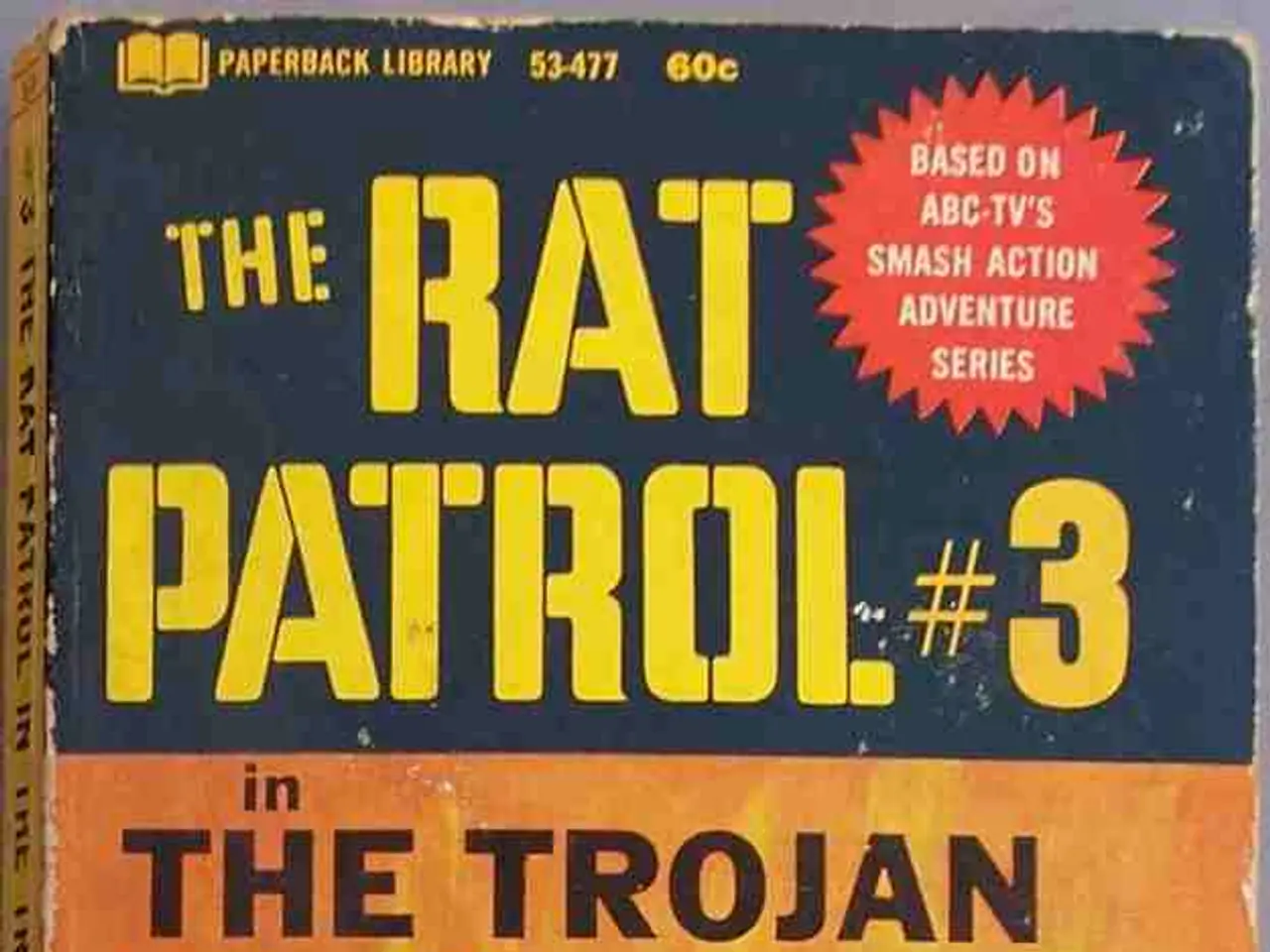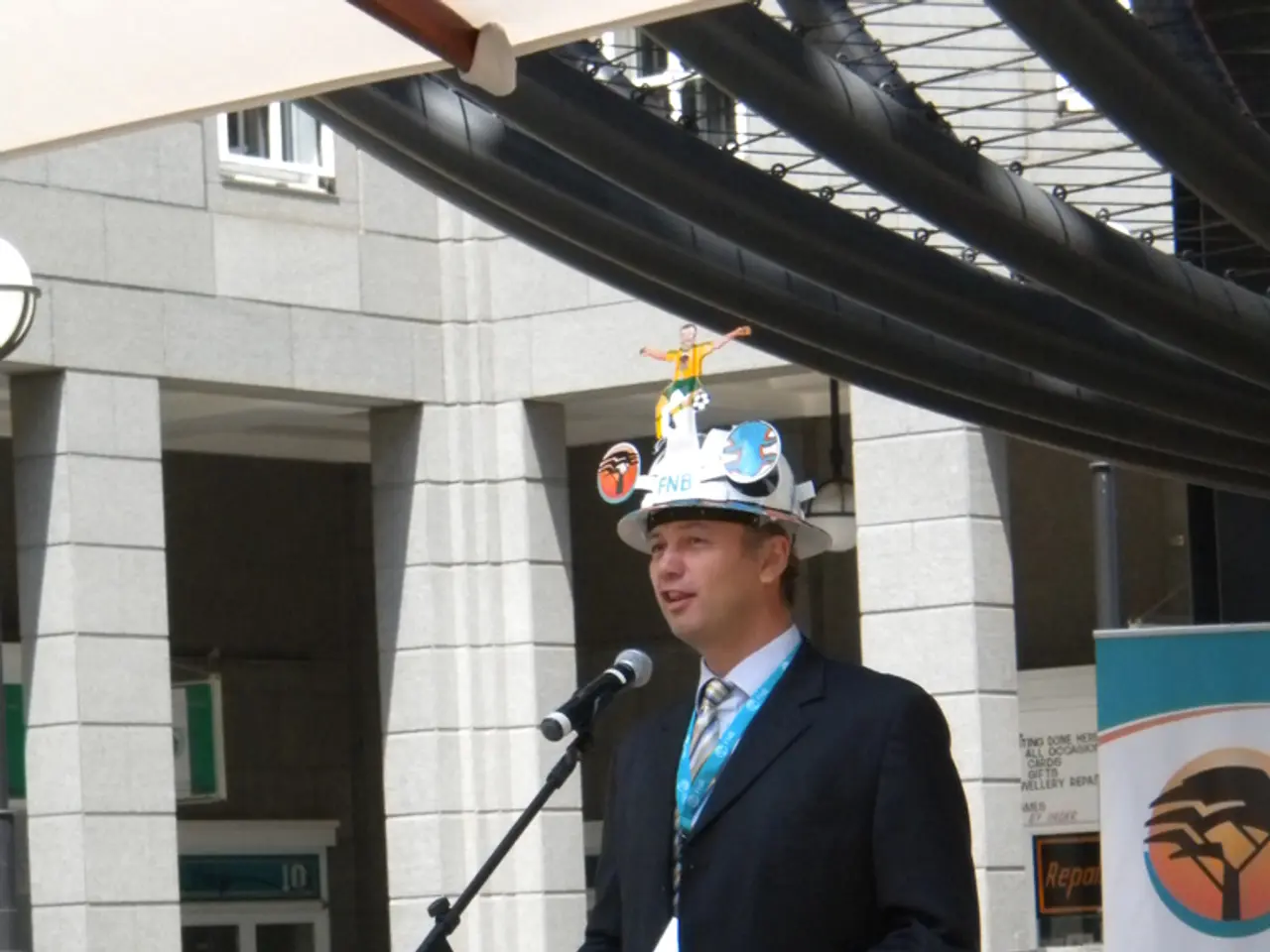Escalation of Israel's Expansion Plans Over Peace Treaty Agreement
In a troubling development, Israel resumed military operations in Gaza, breaking a ceasefire that had been in place since March 2025. The move, which is part of a broader military occupation plan, has been met with widespread condemnation by international bodies, human rights organizations, and governments.
The Israeli Prime Minister, Benjamin Netanyahu, and his government are pursuing a hardline military strategy aimed at establishing control over Gaza City and the entire Gaza Strip. This approach has intensified conflict, leading to mass displacement, civilian suffering, and undermining prospects for peace.
The United Nations, Amnesty International, and countries like France are among those strongly opposing Israel’s military expansion in Gaza, emphasizing that these actions violate international law, exacerbate humanitarian conditions, and threaten any viable two-state solution. The UN Security Council is scheduled to meet to address the crisis, highlighting the urgency and international concern. Calls have been made for an immediate ceasefire, unconditional release of hostages by Hamas, and the pursuit of political solutions centered on a sovereign Palestinian state, including international stabilization missions to ensure security for both Israelis and Palestinians.
Despite the international outcry, the silence or lukewarm criticism from Berlin, given its historical responsibility, is an interesting development.
Meanwhile, within Israel, opposition to Netanyahu's strategy is growing. Ami Ayalon, a former high-ranking security official and head of the Shin Bet internal security service, has warned that the strategy would lead to the loss of Israel's security and identity. His stance against Netanyahu's strategy is a significant opposition viewpoint.
Ami Ayalon's actions to prevent Israel from becoming a religious-messianic project are notable given his role as a former secret agent. His concern about Israel's security and identity is significant, given his background in the Shin Bet internal security service.
The proposed "ethnic cleansing of Gaza" and annexation of the West Bank could make Israel a pariah of the international community. Such actions could also lead to financial dependency on radical evangelical US circles due to the potential loss of support from other nations.
In addition, the daily killing in the Gaza Strip is no longer considered a defensive war by 550 members of Israel's intelligence, army, and security services. The fate of hostages and Palestinians is of no concern to Netanyahu and his associates, as indicated by polls.
The situation in Gaza is further complicated by the daily harassment of Christians, which may discourage tourists from visiting Jerusalem. Anti-Arab songs like "May your villages burn" are commonplace, adding fuel to the conflict.
The efforts towards a ceasefire in Gaza are currently stalled and strained, underscoring the need for international diplomacy and pressure on Israel to reconsider its military strategy. The statement addressed to Donald Trump, with the hope that he can pressure Israeli Prime Minister Benjamin Netanyahu into a ceasefire, is a testament to this ongoing struggle.
World politics and general news platforms are discussing Israel's controversial military expansion in Gaza, a move that has sparked widespread condemnation from international bodies, human rights organizations, and governments, including the United Nations, Amnesty International, and France. The concerns revolve around the violation of international law, the worsening humanitarian conditions, and the threat to a viable two-state solution. Meanwhile, within Israel, opposition to the government's hardline strategy is growing, with prominent figures like Ami Ayalon warning about the potential long-term consequences for Israel's security and identity.





